Edmundo González Urrutia, the presidential candidate for Venezuela’s opposition alliance known as the Unitary Platform who currently lives in exile in Spain, announced that he hopes to return to Venezuela on January 10 to “take office” in a meeting with Josep Borrell, the European Union’s representative for foreign affairs.
The Return of the Presidential Hopeful
During his meeting with Borrell, González thanked those who have supported the Unitary Platform’s efforts to overturn President Nicolas Maduro’s alleged electoral victory and stated that Venezuela has “very strong allies to rescue democracy” in the nation. Furthermore, Borrell expressed the European Union’s continued support for the Unitary Platform, stating that We must enforce the will of the Venezuelan people, who expressed themselves on June 28,” the date which the presidential election took place.
This hope to return to Venezuela follows former President Donald Trump’s victory in the United States’ election and his choice to appoint Florida senator Marco Rubio as Secretary of State. Rubio has historically been a fierce critic of Maduro’s regime, denouncing the president and pushing for continued sanctions against what the senator claims to be a “narco regime” which not only commits acts of oppression against Venezuelans but aids armed groups in Colombia such as the National Liberation Army (ELN). With a hardline opponent to Maduro’s rule as Secretary of State, serious action against Maduro’s regime may be possible ahead and during González’s anticipated return to Venezuela.
Trump has also established himself as a strong opponent to Maduro’s rule, previously stating in regards to utilizing the US military in Venezuela that “it's something that's on the- it's an option,” on CBS News’ Face the Nation. Furthermore, concerns have arisen regarding Chinese expansion across Latin America notably in countries with leftist countries such as Nicaragua, Honduras, and Venezuela. Each of these nations have engaged in talks with China in hopes of securing economic funding, going so far as to join China’s Belt and Road Initiative with Venezuela joining in 2018 and meeting Xi Jinping in 2023 in order to secure funding, Nicaragua joined in 2022 after establishing diplomatic relations with China the year prior, while Honduras joined in 2023 after President Xiomara Castro signed a Memorandum of Understanding during her visit to China.
Not only would addressing Maduro’s continued reign address growing concerns of Chinese interests in Latin America while also removing an ally to the Russian Federation in the region, but intervention in Venezuela could also help alleviate the ongoing Venezuelan migrant crisis which has forced 7.7 million Venezuelans to flee their homes in search of better opportunities in both Latin America and the United States. The flight of millions of Venezuelans is largely due to an ongoing economic crisis, rising violent crime rates, and political repression carried out by Maduro’s enforcers. While many Venezuelans have taken shelter in neighboring nations such as Colombia and Ecuador, the United States has also taken on their own fair share of those seeking a better life in a more stable nation with 640,000 people of Venezuelan origin living in the US as of 2021 according to a study by Pew Research. Figures within Venezuela have expressed concerns regarding the ongoing migrant crisis, with Maria Corina Machado, the leader of the Unitary Platform, stating that if “Maduro stays in charge by force, we will see a wave of migration like never before. We could see three to five million Venezuelans leave in a very short time."
The flight of millions of Venezuelan migrants has also helped spread one of Venezuela’s most notorious criminal organizations known as Tren de Aragua. This organization is largely responsible for human trafficking, pimping, extortion, and narcotics trafficking and according to FBI agent Britton Boyd, “ followed the migration paths across South America to other countries and have set up criminal groups throughout South America … they appear to follow the migration north to the United States.” While the extent of the criminal organization remains disputed.
The Cause of the Chaos
González’s flight from Venezuela follows the conclusion of Venezuela’s heavily disputed presidential election which took place on July 28. amid widespread claims of political repression and attacks against the Unitary Platform. These claims only increased during the election itself, with claims of electoral tampering and disruption by Maduro’s regime running rampant while polls were open. In the early morning of July 29, Venezuela’s National Electoral Council (CNE) announced Maduro’s contested victory amid widespread backlash from the opposition, who claimed the electoral results were falsified by the PSUV-controlled CNE.
In an effort to garner legitimacy, the opposition published polling results from 80 percent of all voting stations across the country, which showed that Gonzalez won the election by 67 percent of the vote. This published result coincides with exit polls conducted by Edison Research, an American market research and polling company that has conducted exit polls internationally, which predicted González to win with 65 percent of the vote, which acted as the catalyst for anti-government demonstrations prior to the publication of voting data by the opposition.
The opposition has continued their efforts to depose Maduro from the presidential office, going so far as to publish a joint statement by Machado and Gonzalez calling on the lower enlisted within the nation’s military and members of the police to reject Maduro’s alleged victory and join the opposition. In response to this statement, Venezuela’s Attorney General, William Tarek Saab, announced that an investigation had been opened into both Machado and Gonzalez for the statement. This investigation into Gonazlez forced the presidential hopeful to flee Venezuela, taking shelter in Spain with alleged support from the Venezuelan government itself.
Machado took a similar approach in order to protect her own safety, announcing in an article published by the Wall Street Journal that she had entered hiding while also calling for the international community to resist Maduro’s continued rule over the country.
Following the results of this year’s presidential election, numerous nations across the world have taken action against Maduro’s continued rule. The first among them included fellow Latin American nations Peru, Chile, and Argentina, who each denounced the election’s results shortly after they were announced. This move infuriated Maduro and those loyal to him, leading to the expulsion of diplomatic staff of each nation, which spoke against the president’s victory.
In particular, Argentina’s expulsion led to a tense diplomatic crisis between the two nations and the international organization known as the Organization of American States. In March, Argentina accepted six members of Venezuelan opposition parties into their embassy as political asylees. Shortly after the acceptance and announcement that the group would be granted asylum within Argentina, Maduro’s regime launched a siege on the diplomatic premises, cutting power from the building.
However, following the expulsion of Argentine diplomatic staff, the fate of the six proved to be a worrisome challenge faced by Argentina and the world stage. In face of the likely arrest that would occur if the group left the Argentine embassy, Brazil was allowed to take control of the premises alongside the embassies of both Peru and Chile due to their own expulsions. The embassy crisis took yet another turn on September 7, when Maduro revoked Brazil’s right to represent Argentina amid claims that the diplomatic premises were used to plan assassination plots against the president. According to Globo, a Brazilian news outlet, a Brazilian diplomatic source told the outlet Brazil would remain in control of the embassy despite orders from Maduro to vacate the premises. The state of the six asylees is currently unknown; however, it is believed they still remain within Argentina’s embassy at the moment.
Machado and Gonzalez have not been the only figures targeted by Maduro’s regime; numerous members of fellow opposition parties, sympathetic government officials, and Venezuelan civilians have all been faced with growing political repression by the president’s enforcers. Those targeted include regional coordinators of opposition parties such as Vente Venezuela, Machado’s party, Acción Democrática, among other member parties of the Unitary Platform. Furthermore, two prosecutors have been arrested for refusing to try those who participated in anti-government demonstrations. These instances of rebellion within Venezuela's lower governmental structure act as evidence that not all those within power are completely loyal to Maduro, likely acting as a key sign for the opposition's hope to remove Maduro from power.
Questions regarding the wellbeing of citizens and visitors to Venezuela have only been questioned further following the publication of a 158 page report by the United Nations’ mission to Venezuela. In this report, the mission states that there are reasonable grounds that the government led by Venezuelan president Nicolas Maduro has committed “crimes against humanity” both following and leading up to this year’s presidential election in the nation.
The alleged crimes brought forth by the mission claims that government forces and armed civilian groups loyal to Maduro known as Colectivos are responsible for forced disappearances, murder, torture, alongside sexual and gender based violence.
Those accused of carrying out the alleged crimes within the government include the Bolivarian National Intelligence Service (SEBIN), the General Directorate of Military Counterintelligence (DGCIM), the Bolivarian National Guard, and the National Police while key figures within Venezuela’s government have also been accused of inciting attacks and repression against members and supporters of the opposition alliance known as the Unitary Platform.
“Although previous reports of the mission constituted in 2019 have already accused the Venezuelan State of serious human rights violations, the new document stresses that the profile of the victims of repression was significantly expanded in the electoral period covering not only opposition and social leaders.” The mission stated in the report.
The mission further claims acts of repression have only increased since the heavily contested results of this year’s election which showed a victory for incumbent Nicolas Maduro, a claim which has been corroborated by Foro Penal.
While the arrest of the 11 total foreigners in Venezuela could point towards a planned assassination or coup against Maduro, there remains a possibility the 11 were arrested as both retaliation against nations who have spoken against Maduro’s contested electoral victory or an attempt to gain a bargaining chip to use against the nations affected. Those who support the former theory point to a statement previously levied by Blackwater founder Erik Prince in late July wherein the former CEO of the private military contracting group called upon United States President Joe Biden and Vice President Kamala Harris to raise the bounty for the capture of Maduro to 100 million USD “then sit back and watch the magic happen.” Furthermore, supporters of the former theory have also pointed towards the aforementioned failed 2020 Operation Gideon as further evidence of US involvement in an alleged plot to assassinate Maduro.
Critics, however, claim that the arrests are, in actuality, a move to secure bargaining chips to be used against the nations in which citizens belong in order to secure the release of Venezuelan officials with close ties to Maduro held in those nations or to pressure nations to avoid publicly attacking the president. Prior evidence of foreign citizens being used as bargaining chips includes a prisoner transfer between the US and Venezuela in December 2023, in which ten American prisoners were exchanged for Alex Saab, a Colombian businessman who is a key figure in Venezuela’s international business deals and was originally arrested in Cape Verde in June 2020 while en route to Iran for money laundering.
Regardless of the purpose for the arrest of the 11 foreign citizens and Maduro’s plans for the group, the future of the 11 is sure to be harsh due to the likelihood of being sent to one of Venezuela’s most infamous prisons, El Helicoid, where many anti-government demonstrators have already been sent. This prison was originally intended to be a shopping mall during Venezuela’s more prosperous years but was later turned into a prison managed by the Bolivarian National Intelligence Service (SEBIN). Former prisoners held in El Helicoid report that those held within the impromptu prison were victims of systematic torture by their jailers, while others recount an evidence storage room converted into a prison cell known as "Guantanamo," which held 50 prisoners without sunlight, water, or toilets.
As the conflict between Maduro and the opposition seems to be never-ending, the future of Venezuela hangs in the balance between six more years under Maduro and his PSUV or change under the Unitary Platform and Gonzalez.



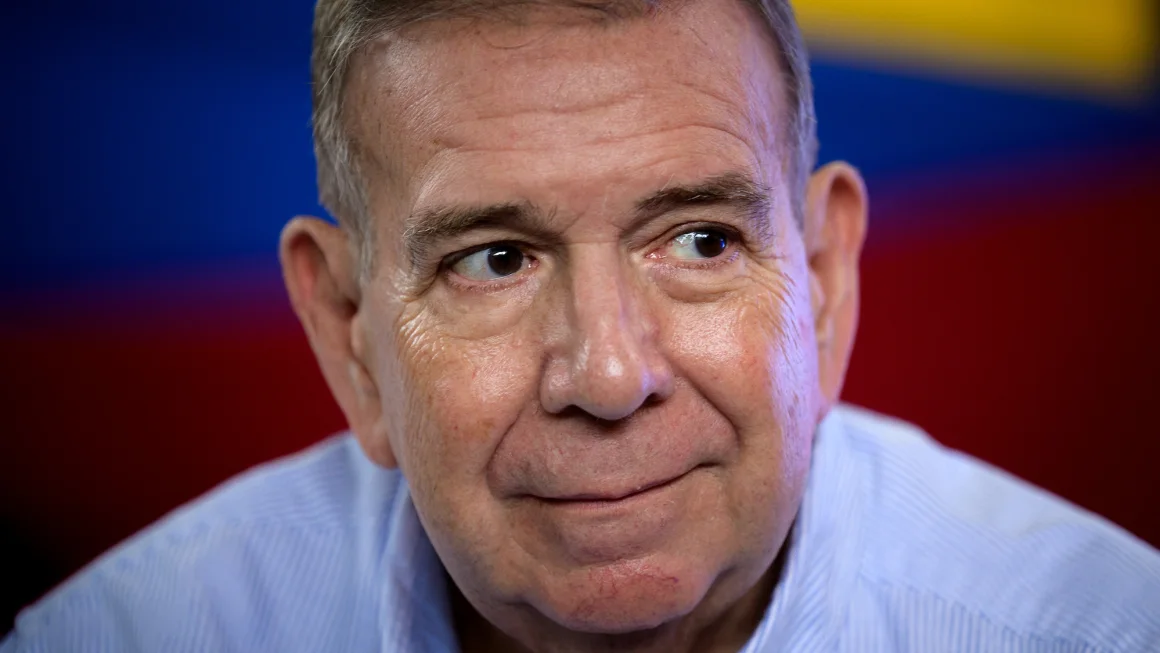
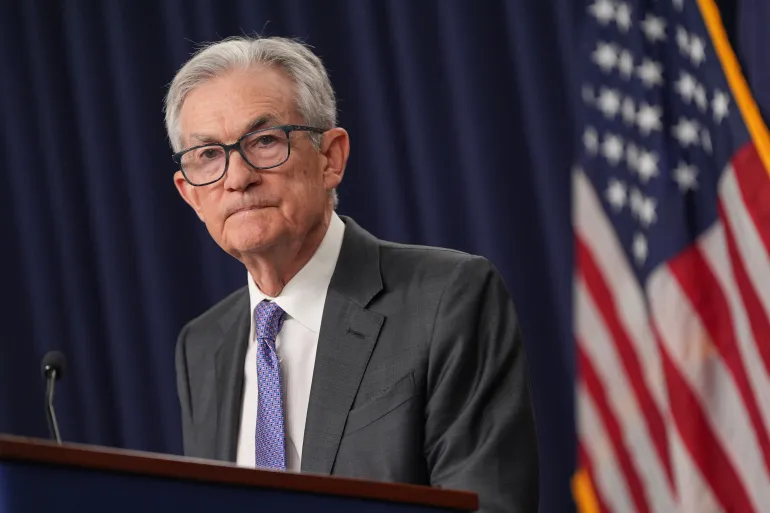

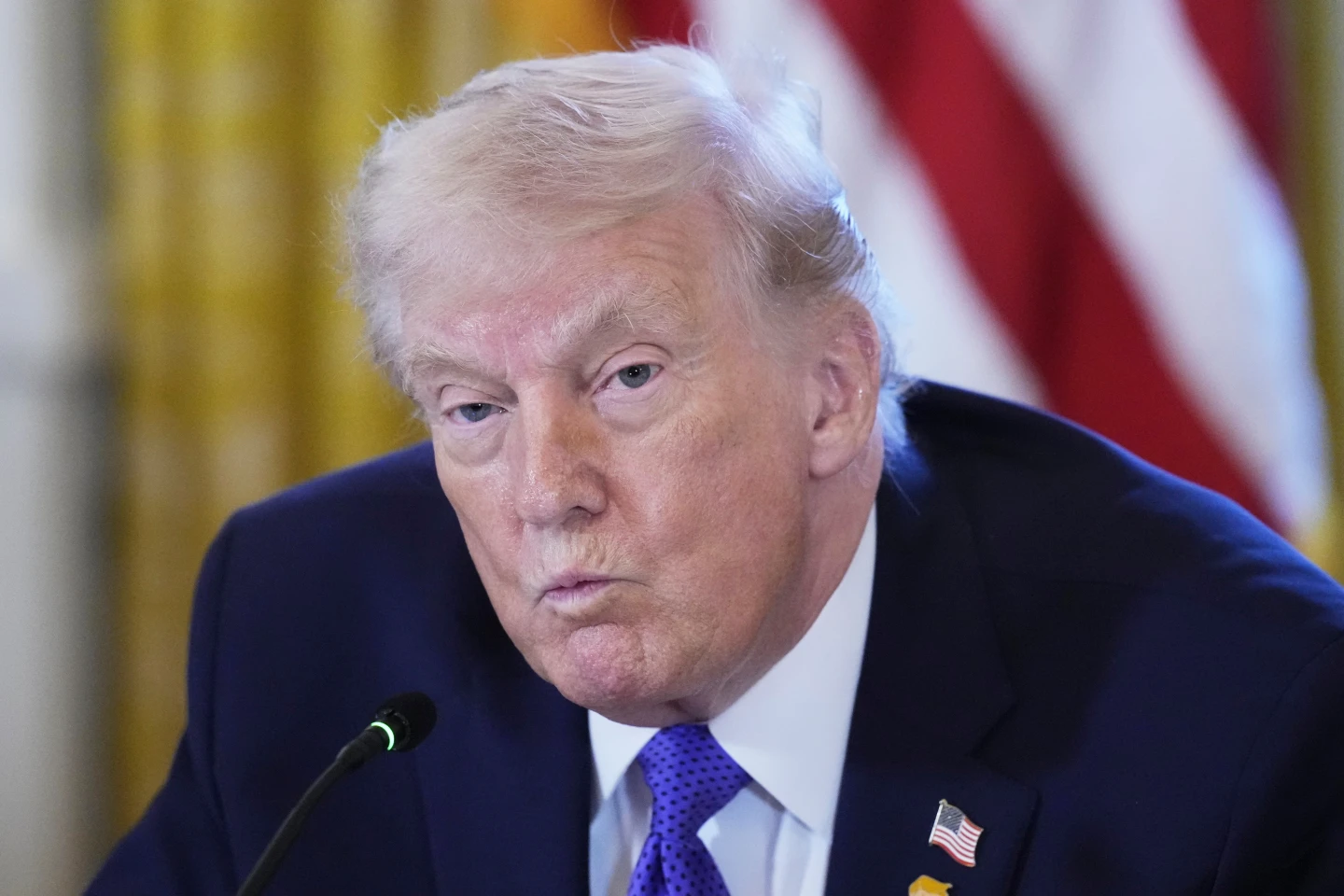
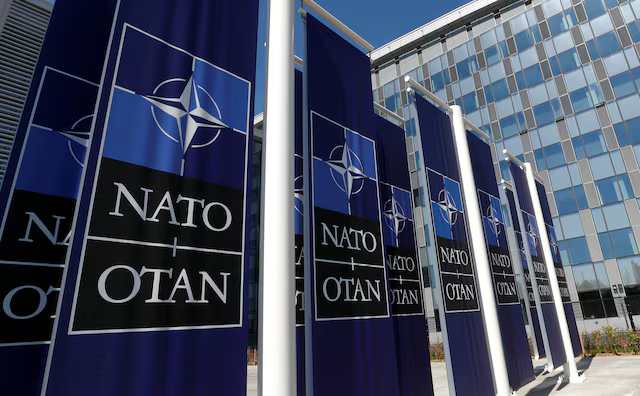
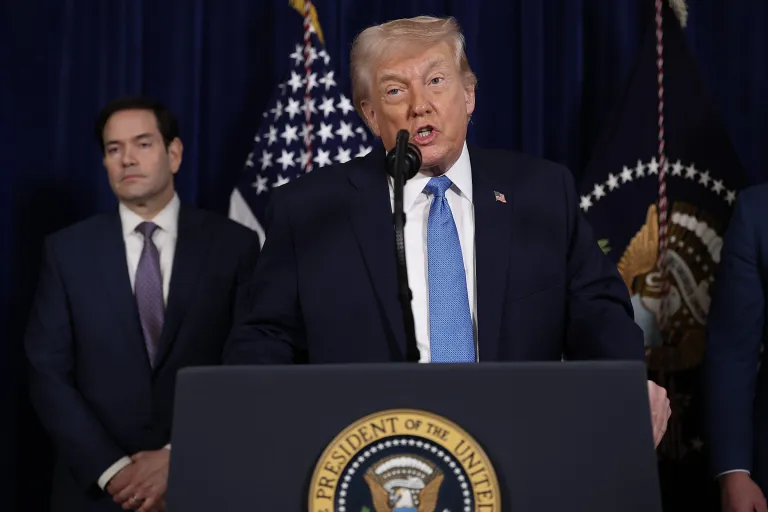
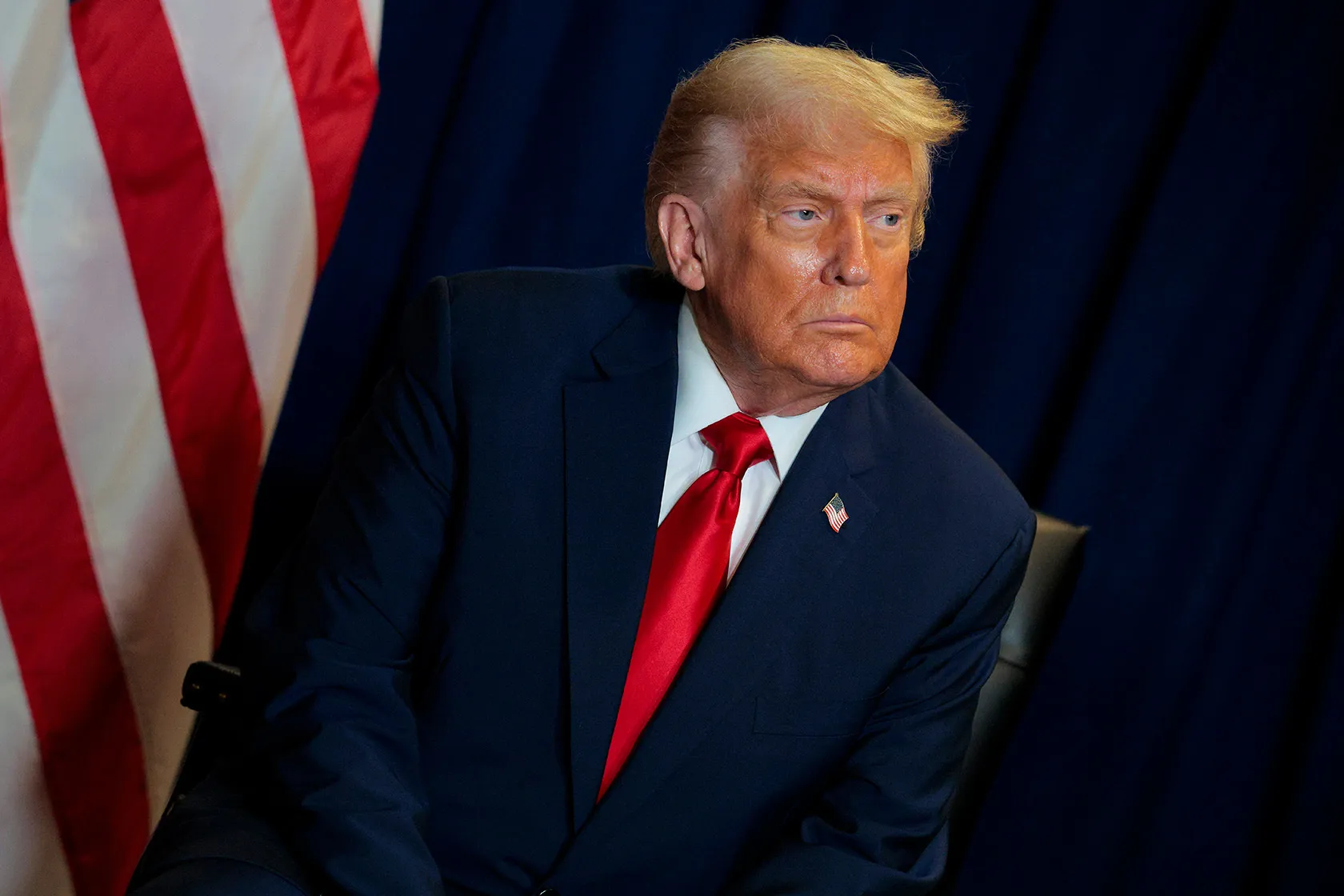
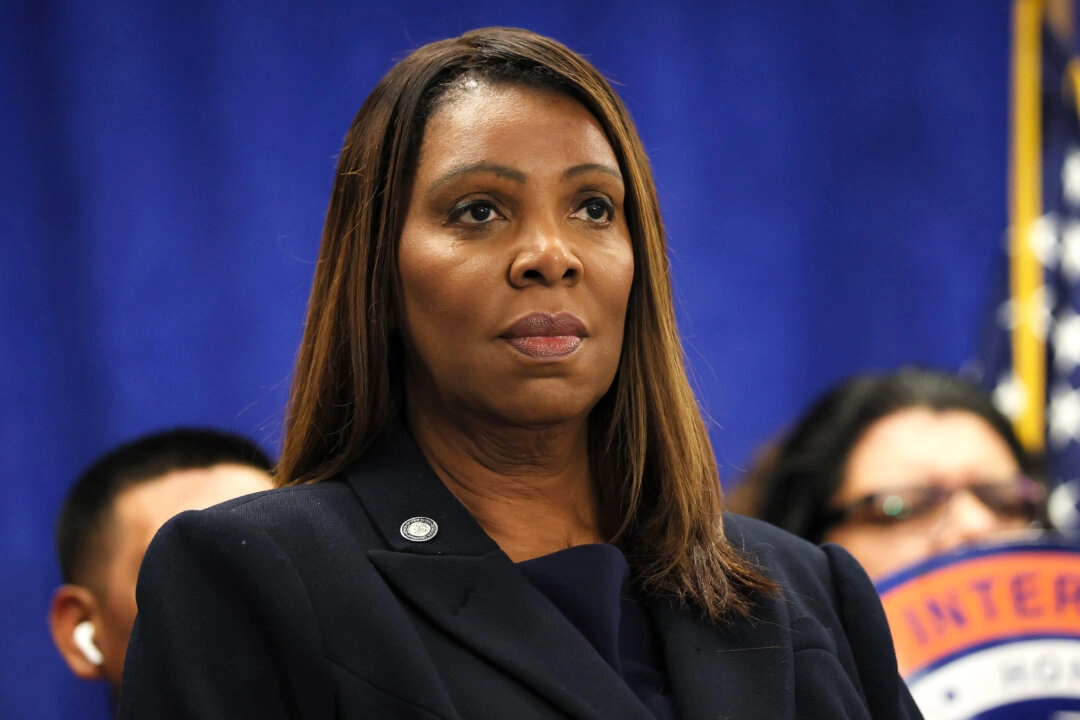
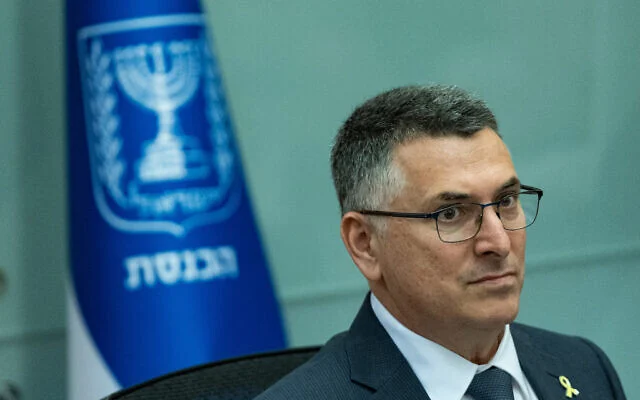
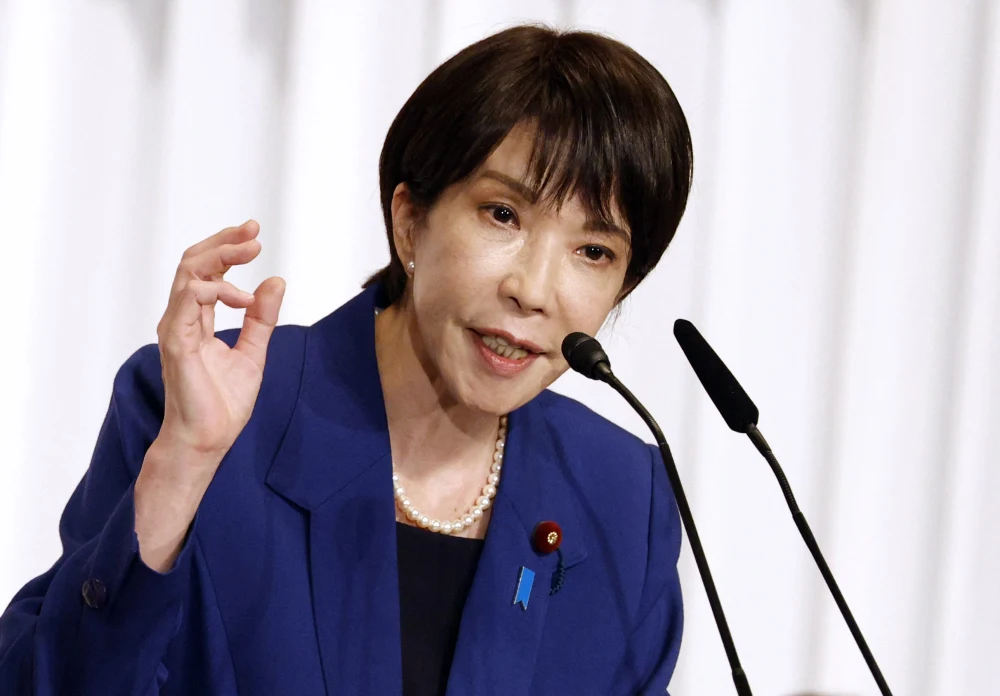
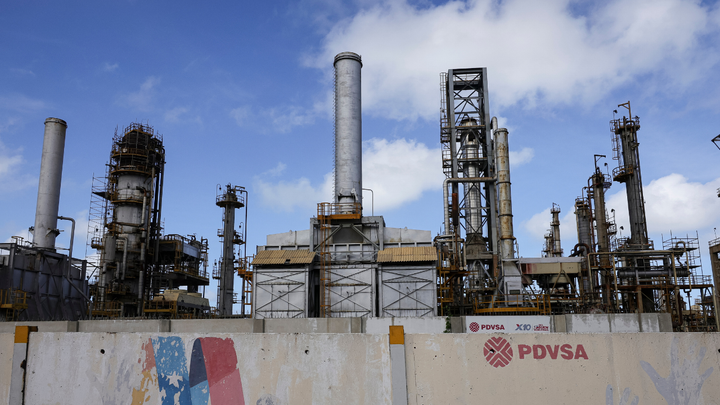
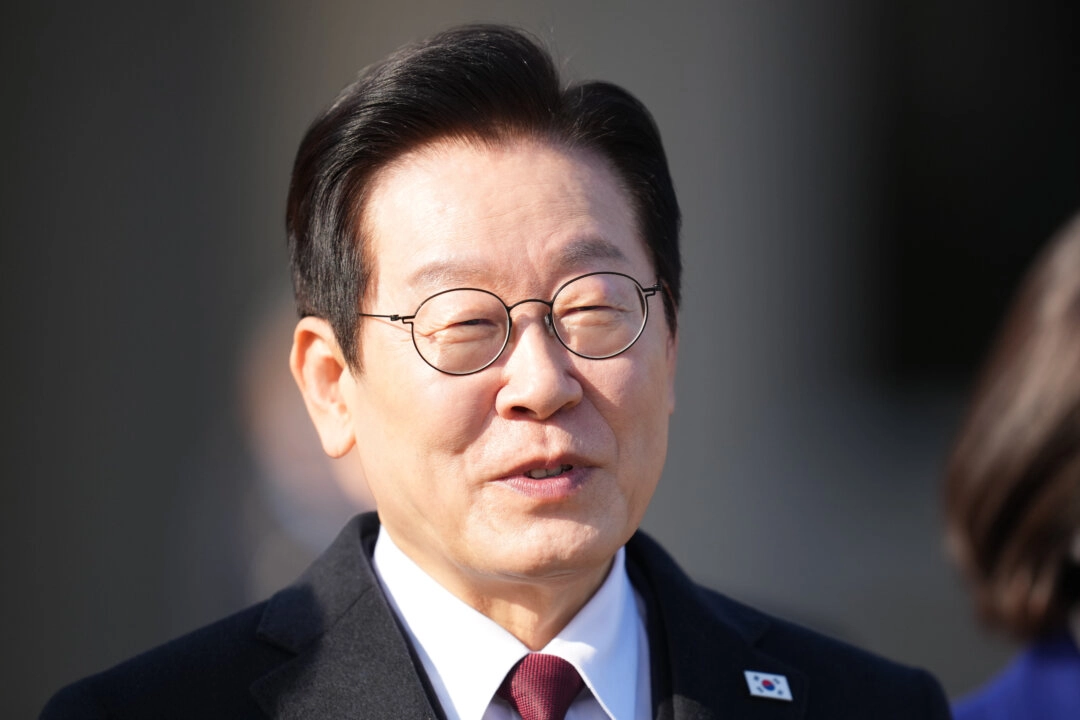
Discussion